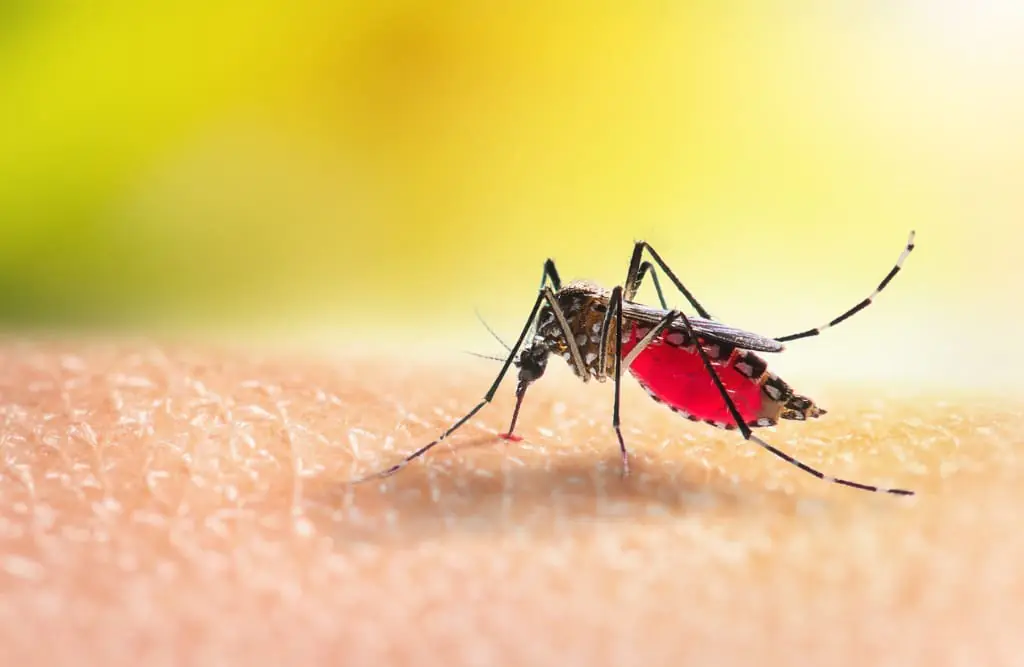The Caribbean Public Health Agency (CARPHA) has issued a call to its member states to take immediate and decisive action to curb the spread of mosquito-borne diseases. This urgent appeal comes in response to rising concerns over the increasing incidence of diseases such as dengue, Zika, and chikungunya in the region.
Key Takeaways
- CARPHA urges member states to implement measures to reduce mosquito populations.
- The agency highlights the importance of public education and community involvement.
- Immediate action is necessary to prevent outbreaks and protect public health.
Rising Concerns Over Mosquito-Borne Diseases
Mosquito-borne diseases have been a persistent issue in the Caribbean, with recent years seeing a troubling increase in cases. CARPHA has identified several factors contributing to this rise, including climate change, urbanization, and increased travel. These factors have created ideal breeding conditions for mosquitoes, leading to more frequent and severe outbreaks.
CARPHA’s Recommendations
CARPHA has outlined a series of recommendations for member states to follow in order to combat the spread of these diseases:
- Enhanced Surveillance: Strengthening disease surveillance systems to quickly identify and respond to outbreaks.
- Public Education: Launching public awareness campaigns to educate communities about the importance of mosquito control and prevention measures.
- Community Involvement: Encouraging community participation in mosquito control activities, such as eliminating standing water and using insect repellent.
- Vector Control: Implementing integrated vector management strategies, including the use of insecticides and biological control methods.
- Research and Innovation: Investing in research to develop new tools and strategies for mosquito control and disease prevention.
The Role of Climate Change
Climate change has been identified as a significant driver of the increasing spread of mosquito-borne diseases. Warmer temperatures and changing rainfall patterns have expanded the habitats of mosquitoes, allowing them to thrive in areas previously unsuitable for their survival. CARPHA emphasizes the need for member states to consider the impacts of climate change in their public health strategies.
Importance of Immediate Action
CARPHA stresses that immediate action is crucial to prevent large-scale outbreaks and protect public health. Delays in implementing control measures can lead to rapid increases in disease transmission, overwhelming healthcare systems and causing significant economic and social disruption.
Conclusion
The call to action from CARPHA serves as a critical reminder of the ongoing threat posed by mosquito-borne diseases in the Caribbean. By following the agency’s recommendations and taking proactive measures, member states can reduce the spread of these diseases and safeguard the health and well-being of their populations.





